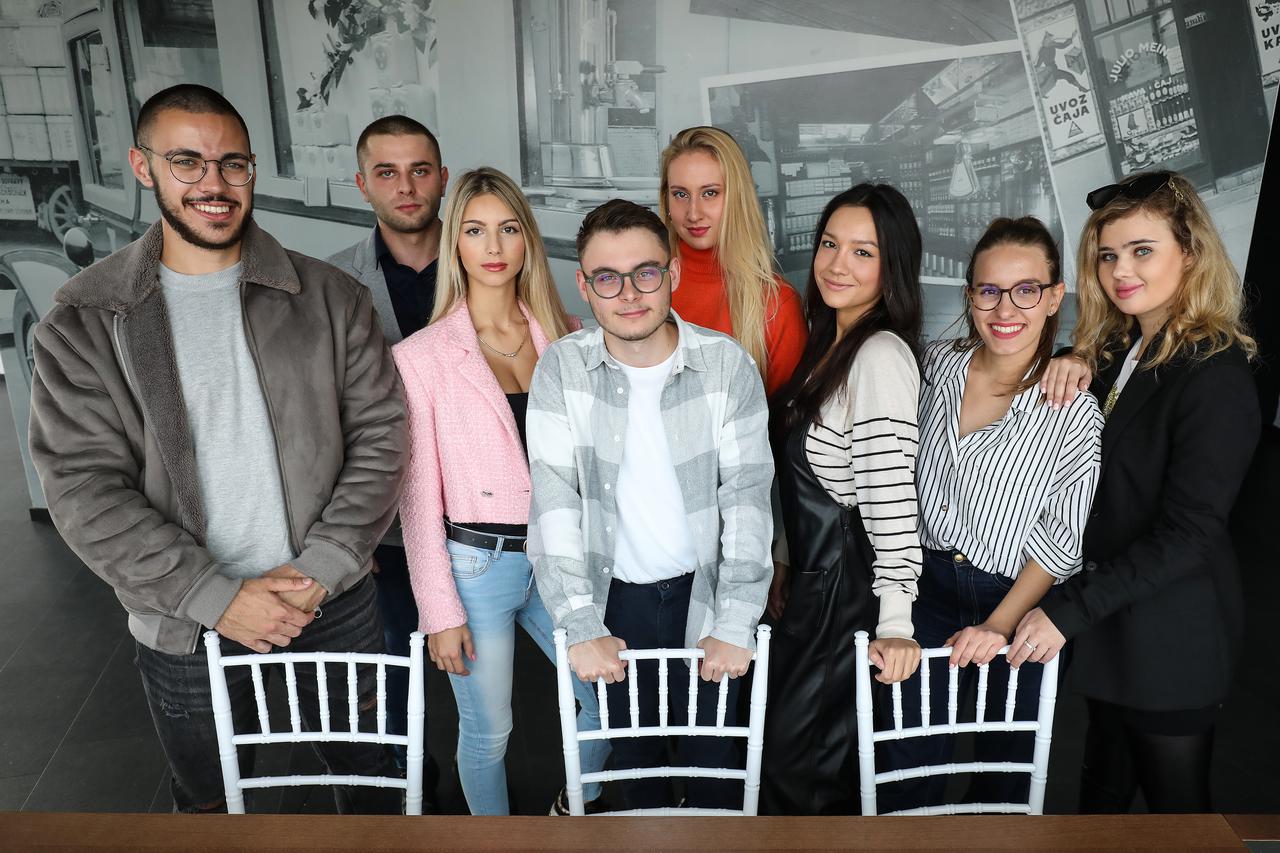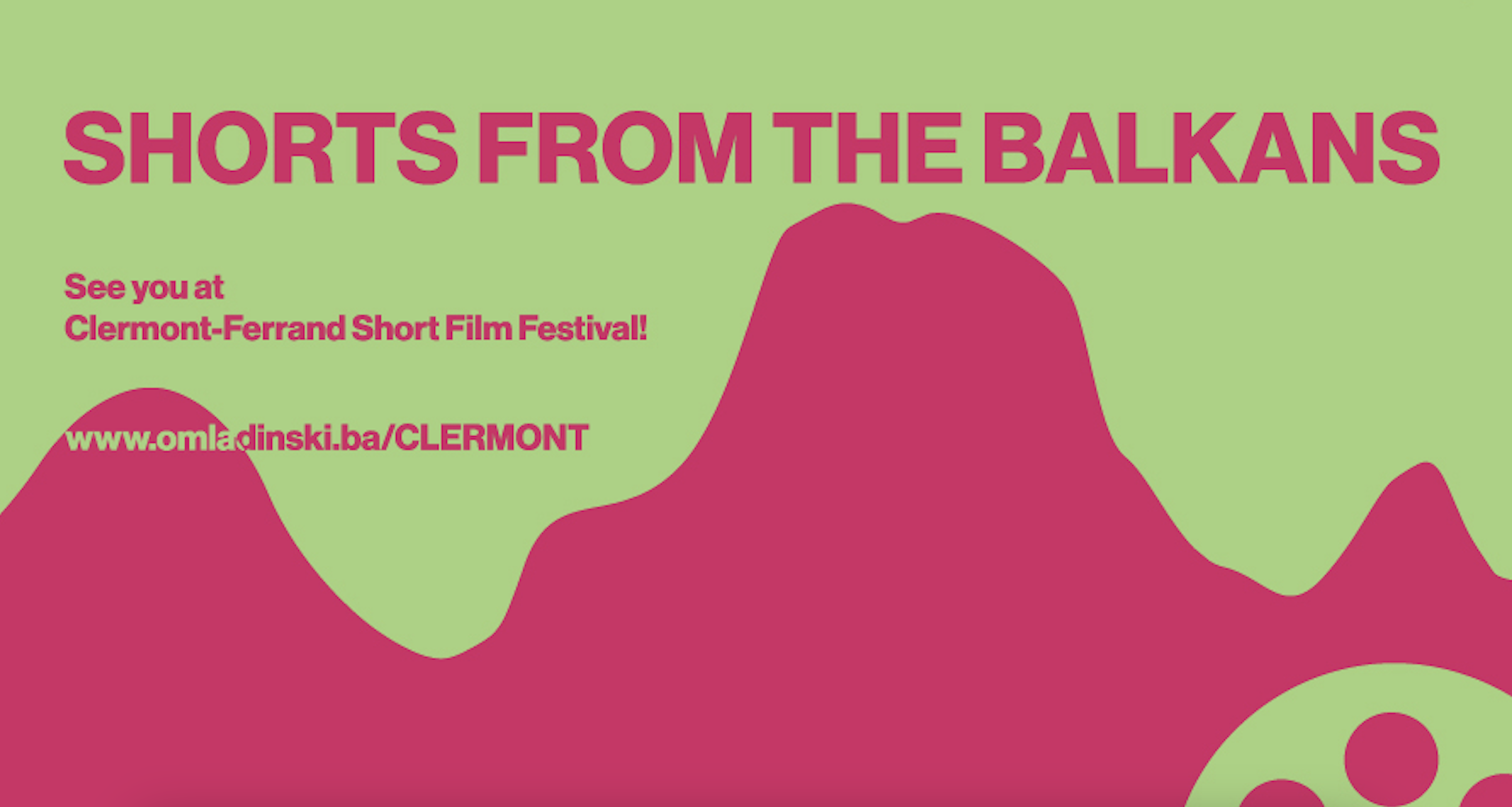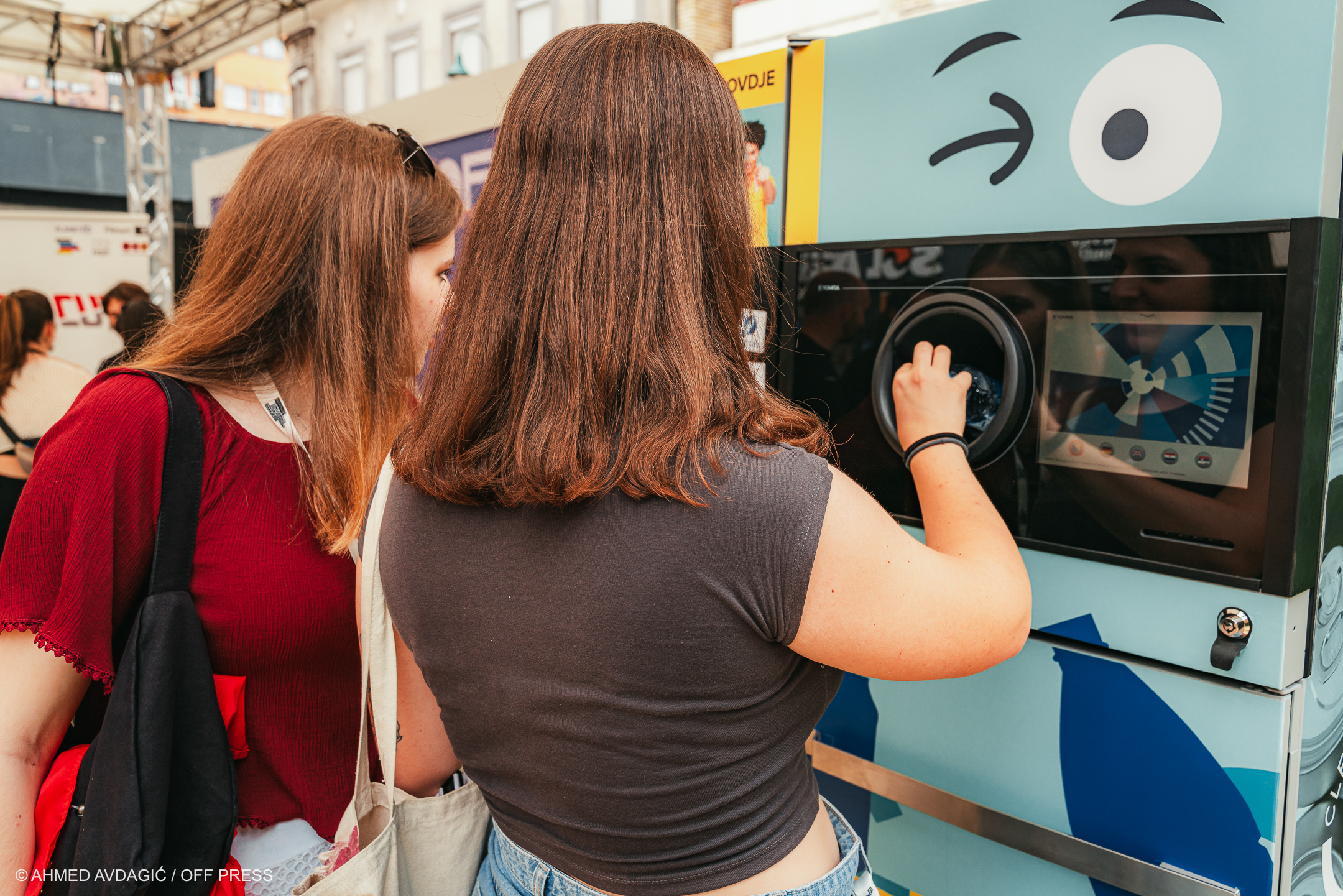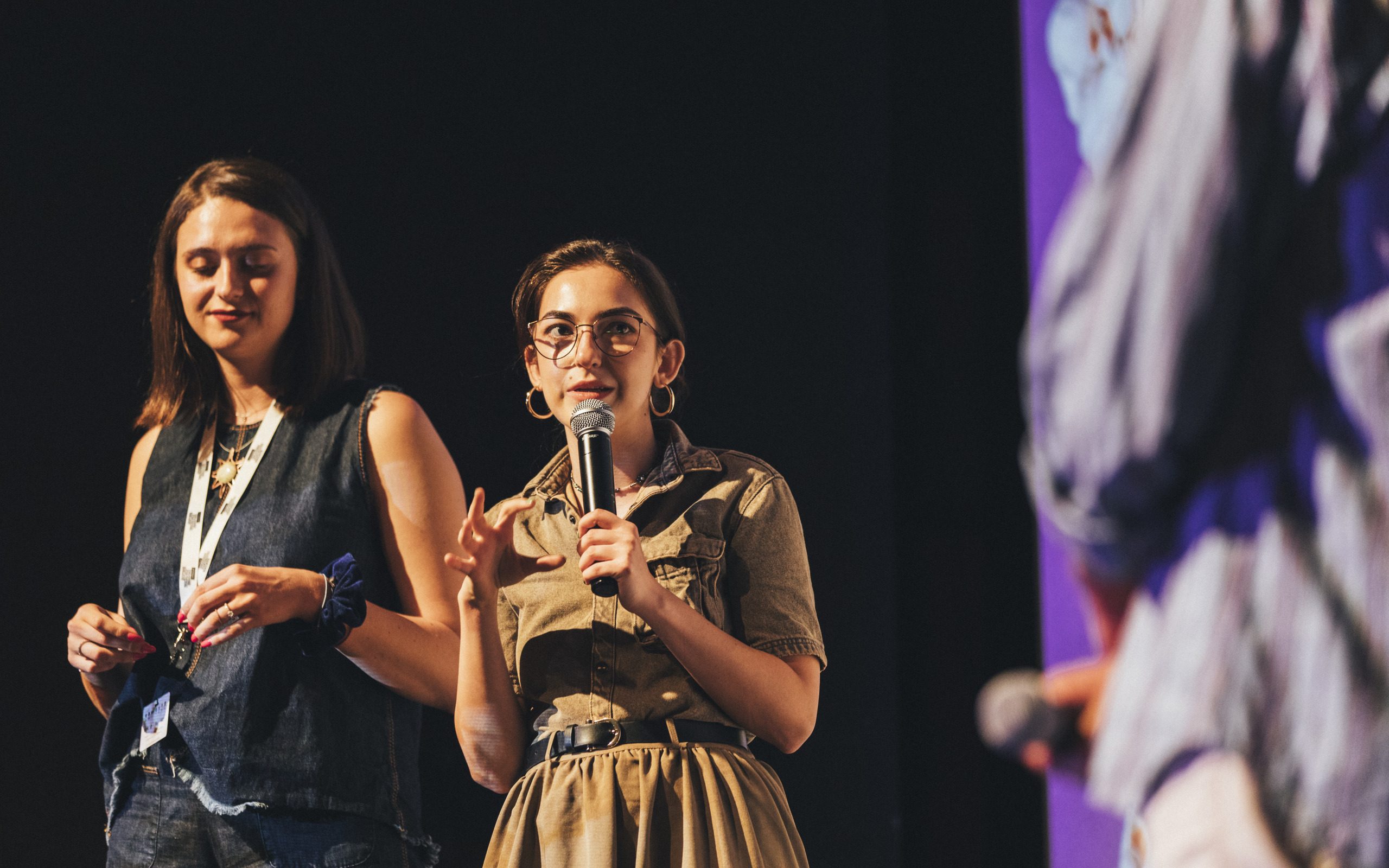The 16th Telemach Youth Film Festival Sarajevo presents young authors with the most significant platform for their beginnings, development, and networking with colleagues from around the world. As a festival completely dedicated to new ideas and generations of new authors, Telemach OFF can proudly state that many regional European authors have grown and advanced with the festival itself.
One of those who has had a film at the Telemach Youth Film Festival Sarajevo every year since 2021 is Karlo Gagulić, a young director and producer from Croatia, who this year is coming to OFF with the film “Let Them Talk”. In previous years, Karlo presented four films to the Sarajevo audience. “Let Them Talk” will be shown as part of the OFF Shorts 1 program and within the “Make It Short” program at Poli Open Air Cinema.
Additionally, three of Karlo’s films are available in the OFF + video library within the Telemach EON club. There is always a reason to talk to Karlo, but this time even more so, so we asked him a few short questions ahead of his fourth visit to Sarajevo.
OFF: This is your fourth time at the Youth Film Festival in Sarajevo. How do you feel about coming back, and what do you expect from the 16th Telemach OFF?
K: I am very pleased that OFF and I have been friends for four years in a row, even since the pandemic in 2021. OFF is a wonderful festival for me; all my colleagues who work on films eagerly await that world premiere in Sarajevo – it’s literally what we talk about during lunch breaks while filming.
OFF: What kind of reactions do you expect from the audience in Sarajevo to your film “Let Them Talk”?
K: So far, audience reactions have been very positive, and we believe that the audience in Sarajevo will like the film as well. I think there will be those in the audience who will recognize themselves or have experienced that part of the Balkan mentality.
OFF: What were the biggest challenges you faced while making this film, and how did you overcome them?
K: I would highlight two major ones: first, finding the director of photography, and then filming during Easter. It was very difficult for us to find the right director of photography who was ready to shoot the most demanding scene in the film – which has over 70 shots, and six people sitting and talking at a table. That required experience and a lot of preparation, and once we found him, my dear colleague Sandro Sklepić, everything was easier. We regularly went to the location with stand-in extras to know each shot exactly to the millimeter.

OFF: How do you see your progress as a director and producer from your first appearance at this festival until now?
K: I definitely see progress. I came to OFF in 2021 at the invitation of the festival director Kenan Musić, who saw my feature film “Ship in a Bottle” and wanted to select it. That film was made for 200 euros, and today it is included in educational programs in high schools in Croatia. Over these few years that I have been in the film industry, the evidence of my gradual growth is that the films we make today have the support of the Croatian Audiovisual Centre, prominent partners, and sponsors who collaborate with Playbox, the production company I founded in the meantime. Currently, Playbox is working on a series based on the short film “Ship in a Bottle,” which will be available on streaming platforms.
OFF: What are your plans for the future? Are you already working on a new project, or do you have ideas for new films?
K: I am currently developing two projects – one documentary that is in preparation and one feature film, but due to confidentiality agreements, I have to keep you in suspense. But what the audience can definitely expect is the series “Ship in a Bottle,” which will be available worldwide in 2025.
OFF: As a young director and producer from Zagreb, how do you see the current film scene in the region? What do you think could be improved for young authors?
K: If we are talking about student films, I think our films are getting better and better. Many of my colleagues are making significant progress, and I believe that if they continue like this, films from our region will go far in the next 10 years. I would like to take this opportunity to call on all public institutions in the region that finance films to give young people a chance because the future belongs to us.





